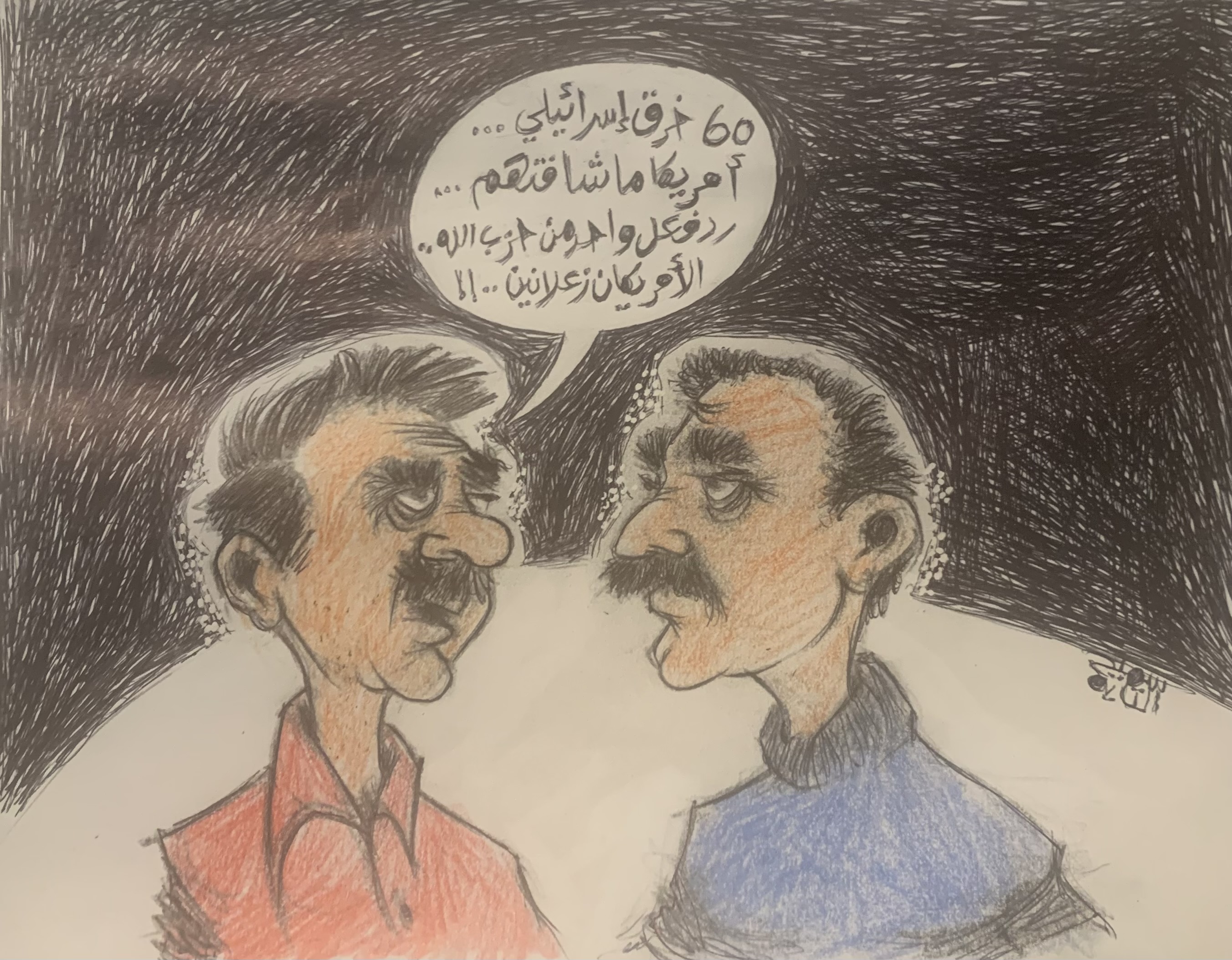Nasser Kandil wrote: De Mistura is a barometer

- When De Mistura started his task, his negotiating priority was the political transition, he was always referring that the governmental delegation did not interact with forming a transitional ruling body, he reminded of Geneva I.
- After the improvement of the field situation of the Syrian army before the victory of Aleppo, De Mistura tried to parallel between the war on terrorism and the political transition in the concept of the opposition.
- De Mistura did not hesitate to open up to Al Nusra and to seek to integrate it through the negotiation, he suggested handing over the city’s affairs to the body which it formed for the eastern of Aleppo within a solution that he suggested before its liberation.
- After Aleppo he was afraid of the repetition of Aleppo’s scenario in Idlib and Daraa, so he advised the opposition to read the variables.
- With the fall of the US red line on the Syrian-Iraqi borders and the progress of the Syrian army and its allies in Badia, and after having control militarily in the east, west, north, south, and in the middle, as well as after the settlements which got thousands of militants out, and after the dominance of the Syrian army has been proven, De Mistura became talking about a solution inside the institutions of the Syrian country.
- Recently, De Mistura has forgotten the political transition and now he is giving the priority to the item of terrorism which he had ignored in the agenda, but it was imposed by the Syrian delegation.
- Today De Mistura is talking about the approach of the opposition from the government’s proposals and its acceptance to be unified in a common delegation.
- The rationality has established the Syrian force whether in the eyes of the opposition or De Mistura’s .
Translated by Lina Shehadeh,
2017-07-24 | عدد القراءات 2163









